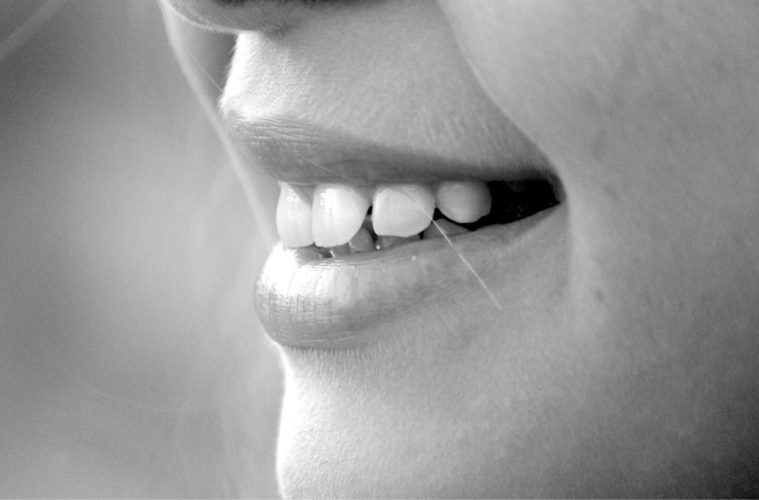Perhaps you’ve been out, fallen and cracked your tooth? What if you’ve developed yet another cavity on that back tooth after trying so hard to keep it clean? Or maybe you’ve been grinding your teeth from stress for so long that there isn’t much left of one of them?
In any of these cases, your dentist might recommend a crown be placed on your damaged tooth. However, most people aren’t as familiar with dental crowns as they are with fillings. Here, we can answer some of the most common questions about dental crowns.
What is a dental crown?
A dental crown isn’t an artificial tooth. It is a cap that will go over the tooth after the top and sides have been shaved down. It is essentially an artificial top of the tooth that is almost as strong as the underlying tooth. Most of the tooth and natural roots will remain in place when this happens. Dental crowns are generally used to cover damaged or chipped teeth and help to give you a full biting surface. While there are dentists who may recommend them for purely cosmetic reasons, this is not advisable. And if you’re thinking about getting one, schedule an appointment at https://thedentalplaceoftamarac.com/.
What do dental crowns look like?
The crown is made to resemble a natural tooth, but it is larger and more permanent than a veneer. This is why dental crowns are generally made from porcelain. Some people choose to have gold tooth crowns fitted; these are strong gold alloys that can match the durability of natural teeth. Because they are not natural-looking, however, they’re generally used on back molars. Titanium tooth crowns are equally durable, and because of their metallic look, they’re also typically used on back teeth. They’re also much more expensive than porcelain.
How long do dental / tooth crowns last?
Dental crowns can last as long as twenty years. This isn’t as good as your natural teeth, but it is a very long time and will be more than beneficial to you for that duration. Note that a dental crown can also be replaced if it gets damaged or worn down. It is important to remember that these tooth crowns can be cracked and damaged by excessive force. This means you shouldn’t try to crunch ice or crack nuts using teeth with dental crowns on them. These actions can crack your natural teeth, too, so you should always be careful when eating anything hard. Note that grinding your teeth at night will wear down dental crowns even faster that would occur with natural teeth.
How do dental crowns get installed?
A dental crown is not just put on top of the existing tooth. The existing tooth is ground down and trimmed first, after any decaying areas are removed. The goal here is to create a solid, secure foundation for the dental crown to be placed on. A temporary dental crown may also be glued to the tooth to protect it while a permanent tooth crown is custom-made. Because it is not intended to remain there for long, temporary tooth crowns are often made from stainless steel. In some cases, it is also possible that the dental crown will be made in the dentist’s office and installed on the prepared tooth on the same day.
The cap is glued to the top of the tooth. The dentist should verify that the cap is aligned and secure, meaning that it fits perfectly in place and will not move. They should also check your bite, because uneven pressure on a dental crown can damage your matching healthy teeth.
Crowns can also be used to hold a bridge in place, as well as replace an existing damaged tooth surface. In these cases, the tooth crown is glued in with the bridge or located where it can serve as the anchor to the bridge.




